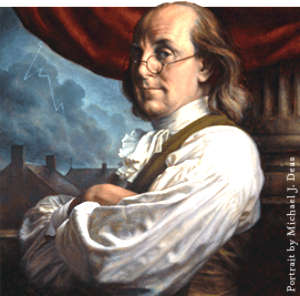
The Ahmadiyya Muslim community has been
building a new mosque in Berlin. The reporting has been mostly focused on how non-Muslims react. The mosque is being built on a cheap piece of land in the Eastern suburbs of Berln and the people in the neighborhood (mostly non-Muslim) have had some sadly uninspired reaction to the mosque:
"The mosque is supposed to go up right here," says Günter Bronner, a blustery white-haired man with glasses pushed up on his forehead who's lived in the neighborhood for 42 years. He points to a drab piece of land at the end of the street where a defunct sauerkraut factory stands. "They want to have a minaret with a muezzin who gives the call to prayer five times a day. Can you imagine? Five times a day over our rooftops."
Heinersdorf is one of those sad and dying old East Berlin suburbs that got the short end of the reunification stick. Most investment, economic and cultural, has been fleeing such places. They have mostly used the building of this mosque as chance to show off old prejudices and give Neo-Nazis a chance to show up at their anti-Mosque rallies (Where, bizarely, people also chanted anti-Communist slogans). All bad for Heinersdorf.
Hopefully, with the mosque almost complete the Heinersdorfers could use this as a chance to reach out to a new group that is actually somewhat under threat in certain parts of the Islamic world (Pakistan does not grant Ahmadis the right to call themselves Muslims. This stems from Ahmadiyya belief in a prophet who arrived after Mohammad. Ahmadis consider themselves Muslims). The could join in the festivities, welcome their new neighbors. Maybe even use the mosque, meetings of old FDJ (the East German Communist youth groups) friends in the banquet hall, or simply show up to learn more about the Ahmadis. The Ahmadis were one of the first Muslim groups that many African Americans came into touch with in the USA and in a sense were one of the early influences on the civil rights movement, with their insistence on racial equality. Lastly, any Berliner who's been awoken early on a Sunday morning by the tremendous clanging of bells from churches echoing through the neighborhood - and has ever heard a call to prayer, instantly longs for the soothing singing of the muezzin every time.














